Is it possible to regulate the digital market? That’s the goal of the Digital Markets Act (DMA) – new European Union (EU) rules agreed in March 2022 to limit the market power of big online platforms.
In this article, we’ll uncover what the DMA is and who it impacts.
What is the Digital Markets Act?
The Digital Markets Act is a set of regulations designed to restrict certain practices used by large online platforms acting as ‘gatekeepers’ across the European Union.
A ‘gatekeeper’ is a company that:
- Provides certain services such as browsers, messengers, or social media
- Has at least 45 million monthly end users in the European Union
- Has 10,000 annual business users in the European Union
- An annual turnover of at least €7.5 billion
In other words, the DMA targets the big fish of the tech world, such as Google, Meta, Apple, and Amazon.
The DMA aims to promote a more competitive market by allowing users of big tech platforms to use apps and services created by other companies, making the market more accessible to smaller tech firms.
So, for example, an iPhone user would no longer have to visit the App Store to download an app but could head directly to the app developer’s website. Plus, messaging services such as Facebook Messenger and WhatsApp will have to interoperate with smaller messaging platforms, so users have the freedom to exchange messages across messaging apps.
Other changes include:
- The DMA will ban combining personal data for targeted advertising unless the gatekeeper has explicit consent from users
- Gatekeepers will be required to let users pick their choice of browser, search engine, and virtual assistant
Parliament’s Internal Market and Consumer Protection Committee, Andreas Schwab (EPP, DE), said: “The agreement ushers in a new era of tech regulation worldwide. The Digital Markets Act puts an end to the ever-increasing dominance of Big Tech companies. From now on, they must show that they also allow for fair competition on the internet. The new rules will help enforce that basic principle. Europe is thus ensuring more competition, more innovation and more choice for users.”
Which sectors are affected by the DMA?
The DMA covers the following eight core platforms services (CPS): Online search engines, online intermediation services, social networks, video sharing platforms, communication platforms, operating systems, cloud services, and advertising services.
What is onebite’s take on the DMA?
We see the opening of what was a closed market as a good opportunity for smaller software providers (such as messaging services, apps, and products) to capitalise and grow their user base, rather than being overpowered by the tech giants who previously held all the power.
The DMA also hands back some power to consumers who will gain more control over their personal data. As for marketers, we envisage that the new rules will help us to deliver more targeted and personalised advertising, which the majority of consumers feel positive about, according to research.
What happens next?
The final impact of the DMA – and how it affects marketers – remains to be seen. The act is set to be formally approved by the European Parliament towards the end of 2022 so watch this space.
Need more advice on your marketing strategy? Discover how we can help your business set the right goals, engage your target audience, and enjoy the best results here.




